Psycho-Pass 2 analysis:
the police sequel of the first successful chapter
The season 1 ended after the climax reached in the last episodes. Akane has just discovered the real nature of the Sibyl System, a cluster of superior minds that collaborate to control the society and their people. Akane Tsunemori is moved by the kantian imperative according to which people are in charge of protecting the law and not the viceversa. This convinction establishes the right lineage among citizens and society. However, the Inspector is also aware that the safety obtained by the Sibyl System is too precious and shouldn’t be jeopardized by telling the truth to the World. Does Psycho Pass 2 answer to the questions raised during the first season? Will the philosophical dilemmas be solved and the Sibyl System fought back?
A New Unit with the same goal: inspecting the System.
In the 11 episodes of season 2, the audience is lead to find out the defects of the Sibyl System. Is the government of the best the best possible? On which basis a mind is considered the best? The unit 1 is refounded and counts several new entries. The very change is in the new role of Enforcer taken by Nobuchika Ginoza after the death of Tomomi Masaoka. The missing of two characters of the level of Kogami and Makishima has created a hole that this sequel series is not able to cover completely till the end. The new antagonist is Kirito Kamui who is a single body and hundreds of minds at the same time.
One body, different thoughts and a fragmented soul: Kirito Kamui.
Kamui is the results of the bio-engineering technology and he contains parts coming from 184 different bodies. This physical “badge” represent the complexity of ourself. What happens if the inner self cannot be simply distinguished? Philosophers, inspecting the real shape of our “inner side” have highlighted that different counterparts of ourselves arise in different situations. It’s like different people abiding in the same temple (the body). Kirito Kamui is the ensign of that interior complexity. In that way he deceives the Sibyl System since he’s One, No One and One Hundred Thousand at the same time. The absurd decisions of the judging system are emphasized by the violence and the massive “splatter” the scene are rich of.
Psycho-pass: the use of the Dominator becomes useless.
Kamui, creating the medicine that cures the crime coefficient points out the inability of the Sibyl System to enter the real psychological side of people. This concept leads to evil conclusions: the crime stress becomes viral like a disease and repressed in a even bloody way. Remember the scenes of episode 4?
The Sibyl System is also responsible for the passive attitude of people: the burden of taking own choices according to moral principle is stolen away since the system has taken that role. This kind of risk is explored when people show their indifference when a crime takes place right under their eyes.
The blind entrust in the Sibyl has created people that resemble more and more robots: Kamui, hacking the videogame in which real people (the Enforcers) are killed in place of fictional characters points out the real detachment of ordinary people from real events and their distance from understanding each other. These events recall the words Toyohisa Senguji, the man who became an android in exchange of the “fire“, the vivacity of life.
“When you entrust so much of your everyday life to those electronic devices, the argument that you aren’t a cyborg isn’t very convincing.”
– Toyohisa Senguji
The society under the Sibyl System isn’t the best on the whole but, according to Akane, the better choice in that context at that moment.
It’s not the final judgement of ‘good’ and ‘evil’ that’s important. What matters is that you come to that decision yourself. That you agonize over it and eventually accept it.
– Akane Tsunemori (season 1)
The core of Psycho-Pass 2: the paradox of omnipotence.
The platonic concept of “Who will guard the guardians?” introduced in Psycho-Pass (analysis here) is further investigated in the second season. On which basis does the Sibyl System claim to be a perfect system? If so, such a system may judge also himself. That’s the fundametal point of Kirito: since the judging system is defective will it jugde itself?
“Could God create a stone so heavy that even He could not lift it?”
Given the rationality the Sibyl System is based upon, the group of minds that controls Tokyo is not different from Kamui: both entities are constituted by multiples brains, moreover they are made up of criminally asymptomatic individuals (Sibyl) or they can can create individuals who substract themselves from the classical criterion of judging (Kirito with his treatment). In the last moments of this second season only one choice is left to the Sibyl facing Kirito: the evaluation of a collective Psycho-Pass is authorized. The choice of solving the omnipotence dilemma costs the Sibyl to relinquish some of its brains in order to mantain Psycho-Pass of 0.
What is the paradox of omnipotence?
From this very moment, the Sibyl System has evolved: people are not evaluated only as mere individuals but also as part of groups: this means that evil groups may be composed also by single minds with low crime coefficient. On philosophical level, the Sibyl has completed his process to become the rampart of values and criteria of Japanese people as inteded by Hegel (in The phenomenology of Spirit). The “heroes” of history are those who gain lessons from each historical age and allow the society to progress.
The existence you need to overcome in order for you to stay as you are is right in front of you! Can you judge us?! Can you question… our color and your own?!”
-Kirito Kamui
Psycho-Pass 2: What color? Final remarks.
This sequel season is completely built around the character of Akane Tsunemori, who despite being quite appreciable, it’s not sufficient to sustain the entire story. In particular, the roles of Tomomi Masaoka and Kogami Shinya are not replaced by figures of the same level. Even, the character of Ginoza seems never been exploited to much after the death of the father in season 1.
The difficulties to emphasize with the main actors is the reason why the storytelling tends to approach more to the police/crime genre setted in a cyber-punk distopy. The thorny topics of Psycho-Pass are exploited but only at the philosophical stage (omnipotence paradox): the single characters seem not to personally undergo the same anguish. Music and design has mantained the same quality of the original season and the fans may be glad to hear and see that.
And you what color do you give to Psycho-Pass 2? Were your expectations satisfied? If you missed the analysis of Psycho-Pass (season 1), you find it here!

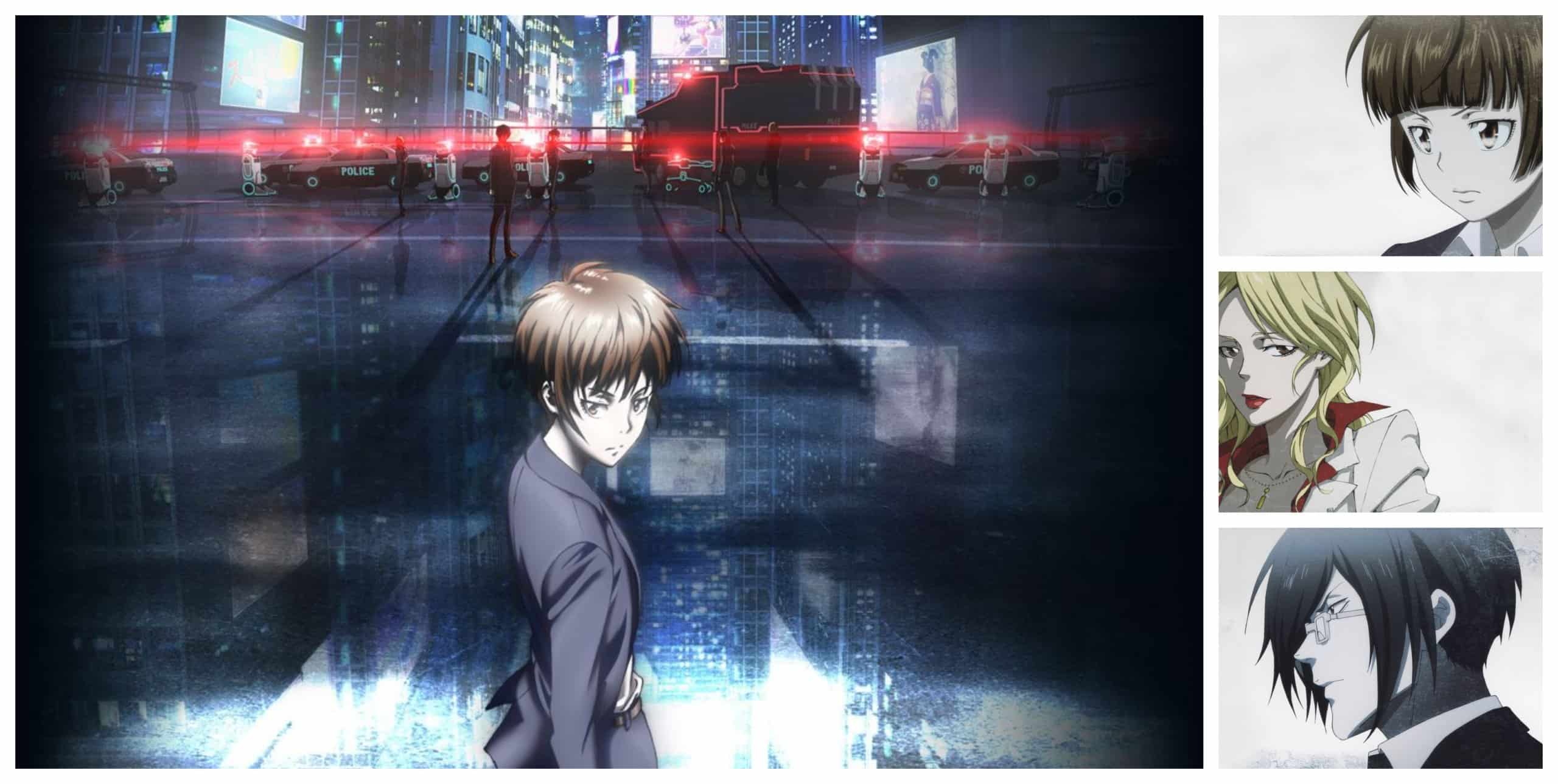
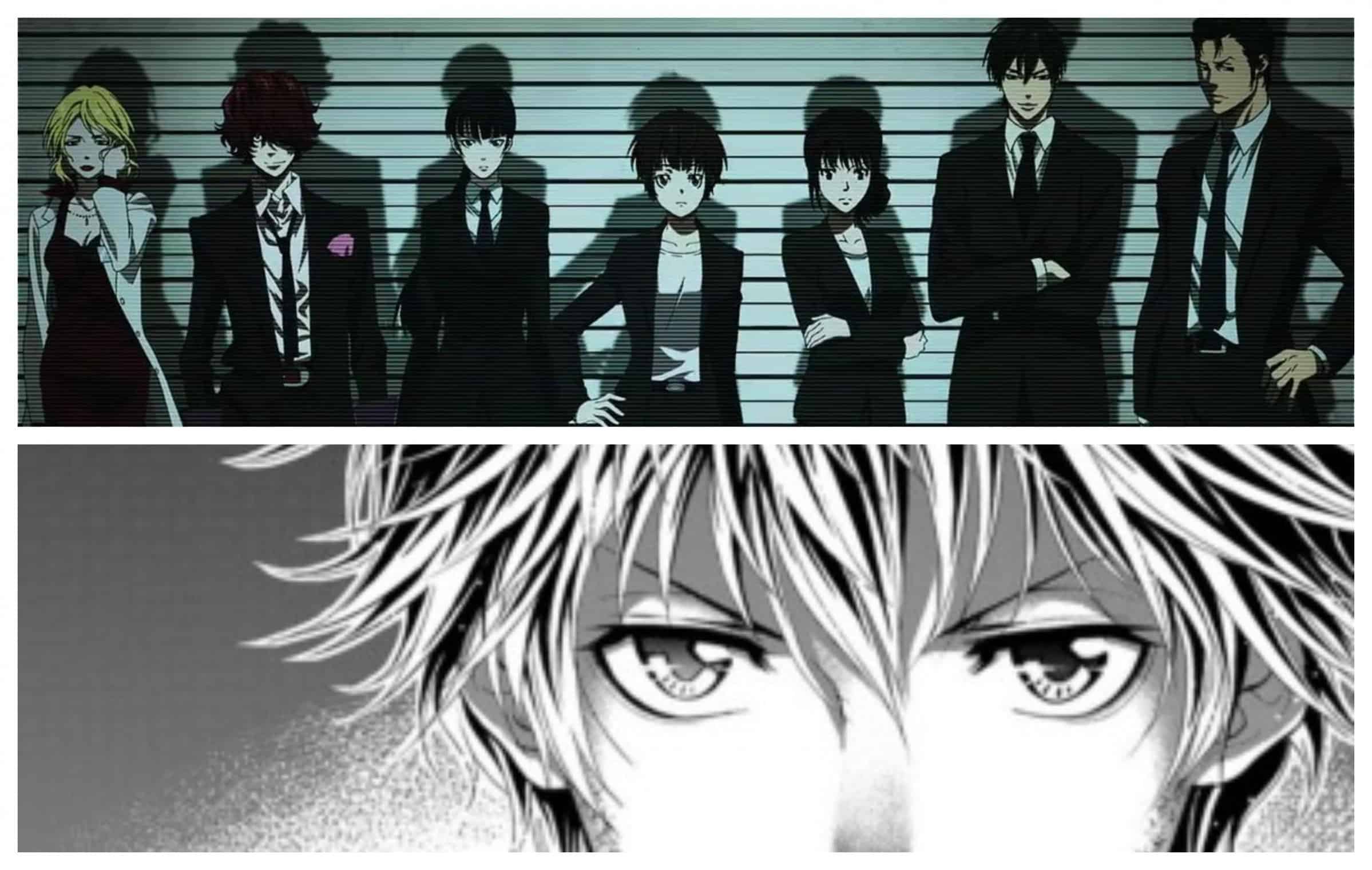
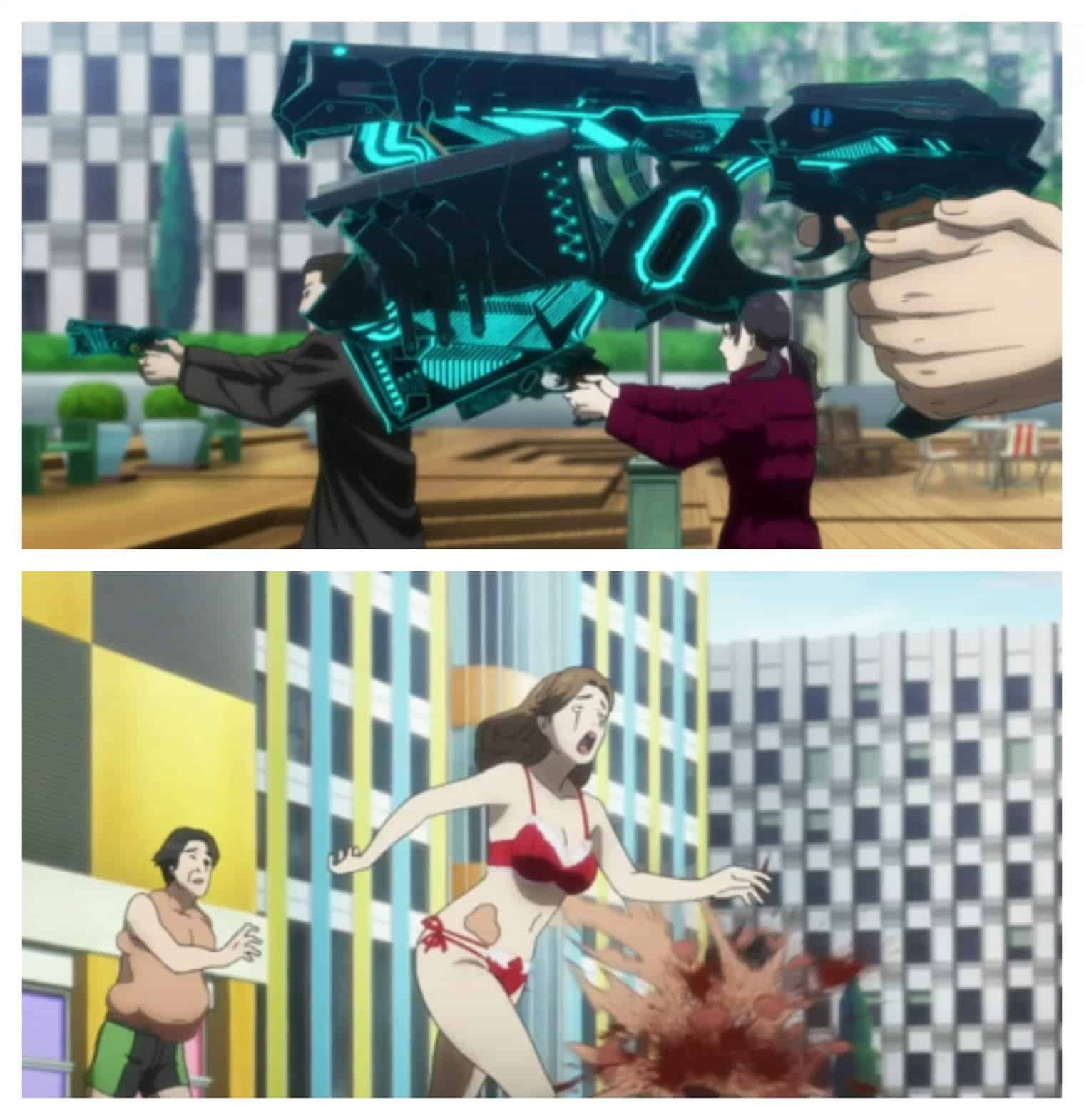
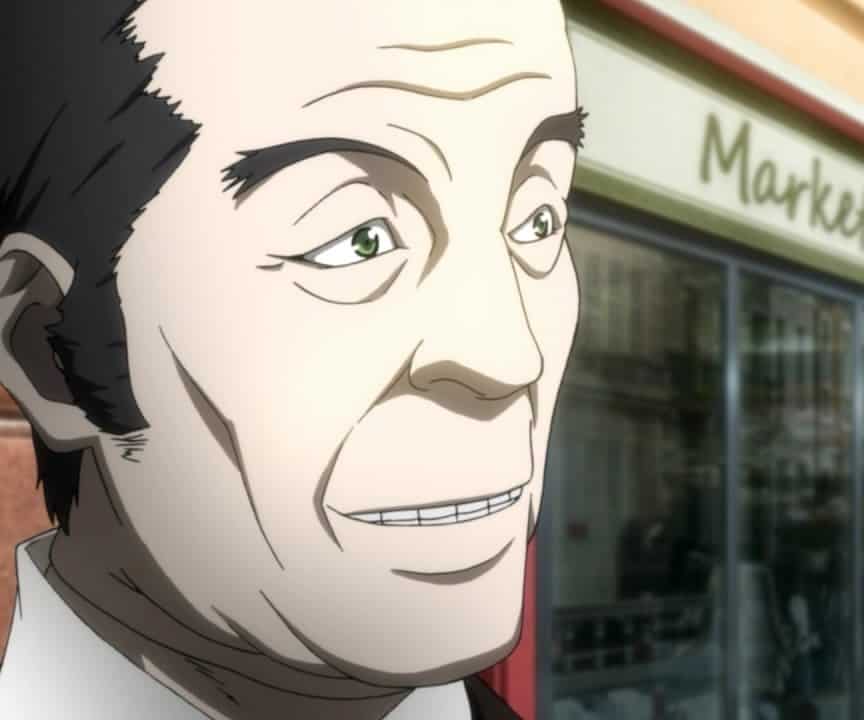
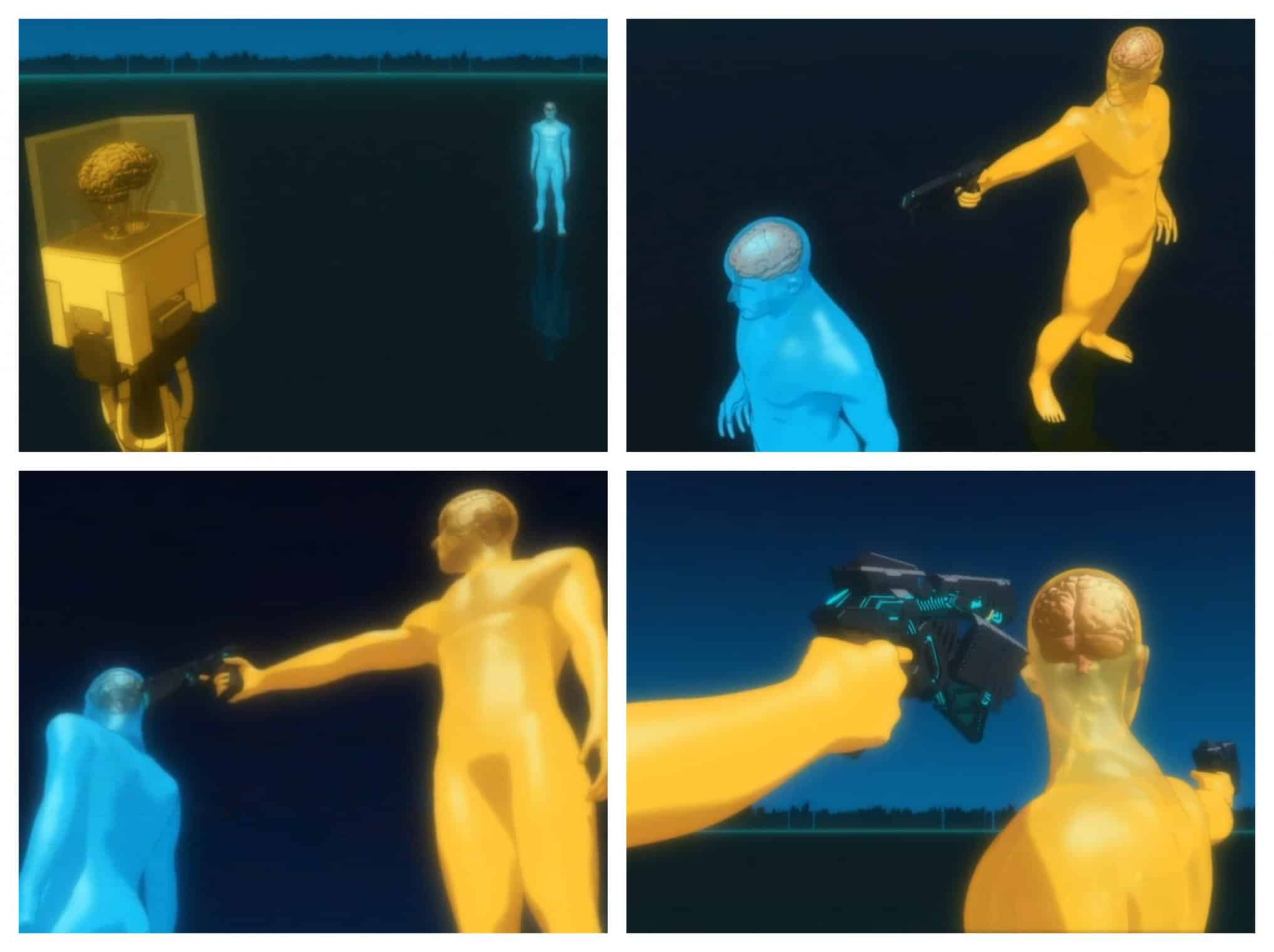
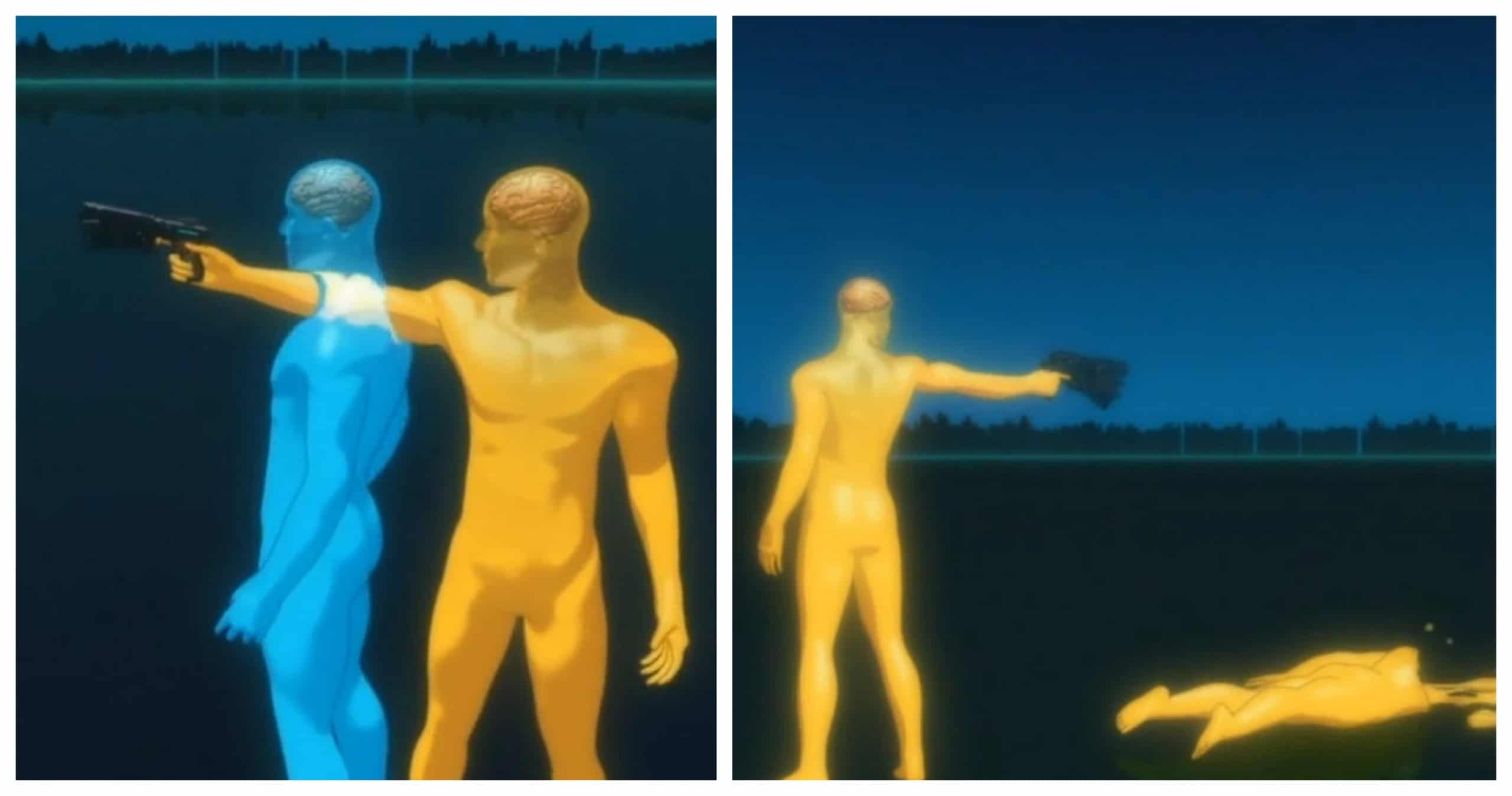
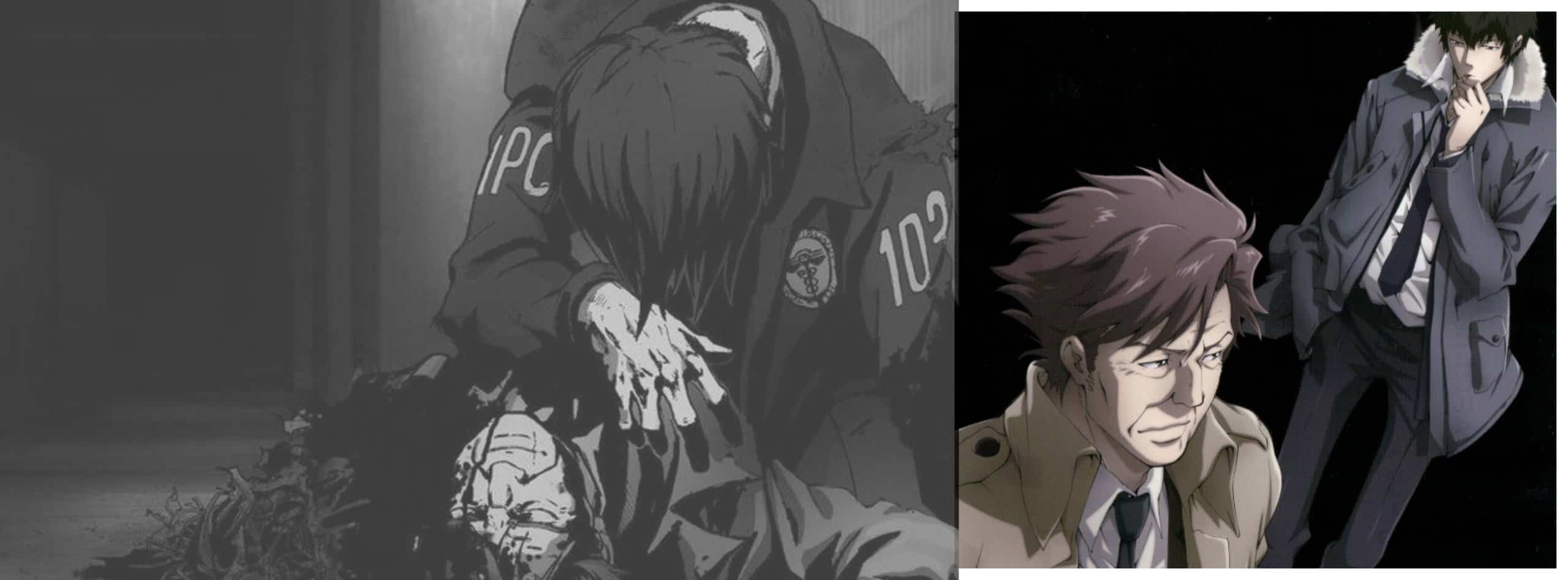


Share this entry